The participation of the prosecutor in the civil process - how is it organized? What rights does the prosecutor have? What is the feature of his status? How do different levels of organization interact?
Legal Regulation
Do not surprise anyone with the presence of the prosecutor in the trial. His participation in it is regulated by law. Not every process has the right to participate. In practice, of course, it is more difficult to force employees of the department to fulfill their duties in full than to face their unreasonable interference.
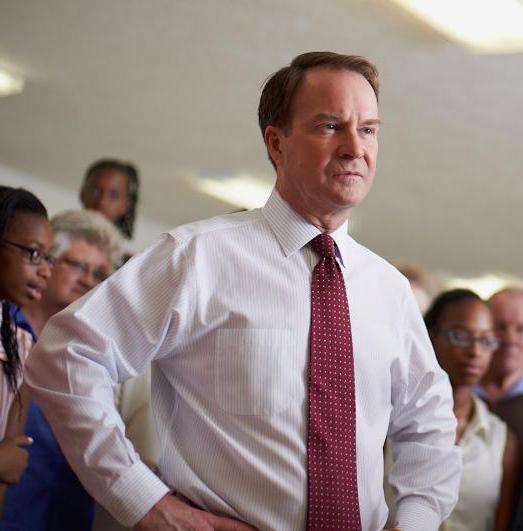
The actions of the prosecutor in the field of civil proceedings are regulated by two basic regulatory acts of the Russian Federation:
- Law "On the Prosecutor's Office of the Russian Federation";
- Code of Civil Procedure.
The Law "On the Prosecutor's Office" contains the grounds and forms for the participation of an employee of this department in the trial, and in civil in particular.
GIC - a normative act regulating the initiation and consideration of civil cases. It contains only one article devoted entirely to the participation of prosecutors - Art. 45 GIC. It either repeats the provisions of the relevant law, or decrypts its provisions in the part related to the civil process.
Thus, the forms of participation of the prosecutor in the civil process are defined by two laws.
In addition, the General Prosecutor’s Office, sometimes together with other departments, issues orders aimed at enforcing laws, this also applies to participation in civil proceedings.
The specialized department of the General Prosecutor's Office takes care of ensuring the participation of prosecutors in the civil process.
The Prosecutor General’s Office is simultaneously involved in summarizing the statements of citizens and judicial practice. This makes it possible to identify negative trends in public life. Of course, they do not have such significance as reviews of judicial practice compiled by the courts, but nevertheless they make it possible to take preventive measures.
Acting in advance, the department creates departments engaged in control, for example, in the field of land. Checks are carried out, including on complaints from citizens, and lawsuits are filed with the courts.
By order, you can pay attention to any area of life without creating special units.
Reasons to get involved
Filing a lawsuit or intervening is related to two factors:
- occasion (appeal of citizens, organizations, identification of facts that prompted to enter into a case or file a lawsuit);
- basis specified by law.
The following are accepted as a reason:
- statements from citizens and representatives of organizations;
- facts revealed during the prosecutor’s audit;
- materials received from other bodies, in particular custody.
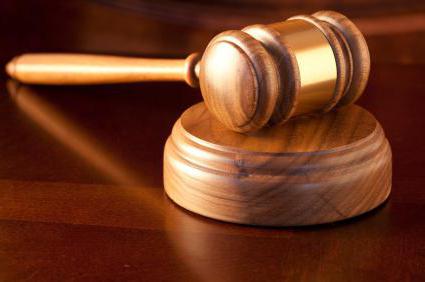
A note in the media is considered sufficient if it sets out facts worthy of attention.
Grounds for intervention by the prosecutor
Grounds for the participation of the prosecutor in the civil process:
- violation of the rights and interests of a citizen;
- protection of the rights and freedoms of an unlimited number of persons;
- violation of social, labor rights;
- violation of the rights to motherhood, fatherhood and childhood;
- violated the right to state or municipal housing;
- violated the right to medical care, education;
- violated the environmental rights of citizens.
Why aren't the organization’s employees intervening in court for every citizen? They are entitled to provide legal assistance to one person only if:
- incapacity;
- health problems
- restrictions caused by age;
- other good reasons.
The grounds for the participation of a prosecutor in a civil proceeding are an open list. This approach is practical, because you can not take into account all life situations in one law.
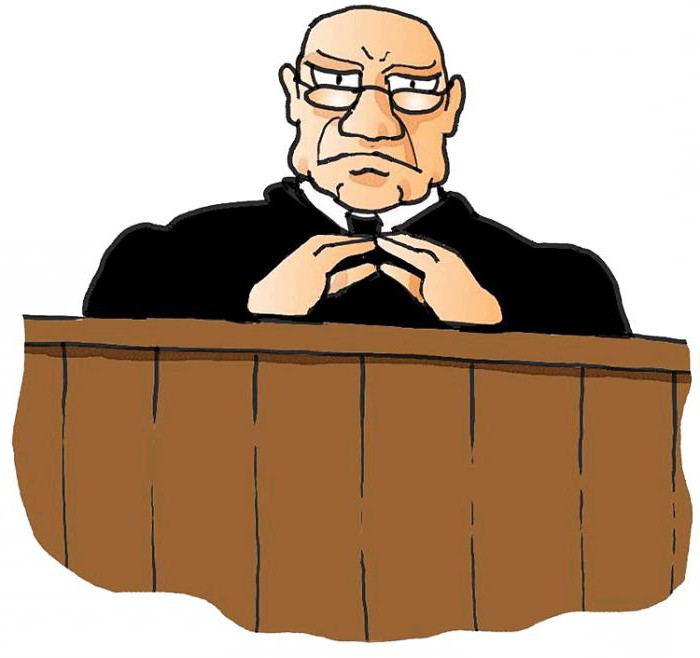
Previously, existing legislation gave broader powers to the prosecution authorities, but the changes did not affect the work of the department. If at the reception the prosecutor complains about the lack of authority, most likely he has no desire to deal with the problems of citizens.
What rights does the prosecutor enjoy?
The rights of a prosecutor in a civil proceeding correspond to the rights held by other participants, in particular:
- challenge the court, secretary;
- attach evidence to the case file;
- submit petitions for the demand for evidence;
- send a statement on the involvement of witnesses;
- send an application for the appointment of an examination;
- ask questions to an expert, participant in a case, a witness;
- send private complaints to a higher court.
The possibility of concluding a settlement agreement by the prosecutor is excluded.
I must say that the norms of civil procedural law do not infringe on prosecutors in comparison with other participants.
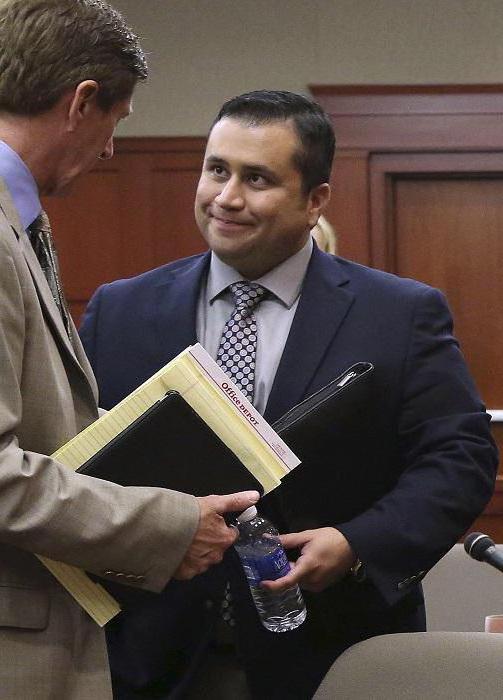
How competently the available opportunities are realized is determined by the level of training and the personal qualities of an individual prosecutor.
The opinion of the prosecutor in the civil process is of equal importance with other documents. Filing a lawsuit by a prosecutor makes it impossible to give an opinion in the same process.
Properly and reasonably drafted, it can affect the outcome of the case. A judge does not have the right to invoke a conclusion by rejecting other evidence, especially since the conclusion is not evidence.
Matters in which participation is required
The provisions of the law have always had general formulations, and their implementation depends on the views of public servants obliged to comply with it, and the practice of application in the region. The powers of the prosecutor's office in civil matters are no exception.
First of all, specific circumstances are taken into account; it is in them that the answer to the question is concluded: will the prosecutor participate in the civil process?
Now about the additional obligation of the prosecutor's office - to give opinions in cases specified in the law. In what cases is the participation of the prosecutor necessary by giving an opinion?
- recognition of citizens as dead or missing;
- restriction or deprivation of legal capacity;
- cases of adoption;
- declaring a minor legally competent;
- forced placement in a psychiatric hospital;
- extension of the term in a psychiatric hospital;
- disputes about the restriction or deprivation of parental rights;
- dispute about reinstatement;
- Dispute dispute without providing other housing.
Other forms of participation of the prosecutor in the civil process, except for filing a claim and giving an opinion, are not provided.
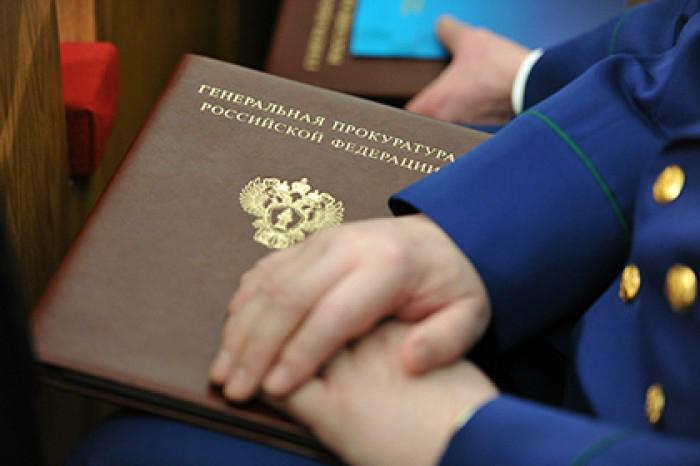
Negative reviews are frequent. According to their authors, instead of providing assistance, prosecutors only complicate the position of the plaintiff. For example, they side with the employer who illegally dismissed an employee. Such facts push people away from seeking help from a supervisory authority.
Features of entry into the case or filing a lawsuit
Having received a statement or identifying circumstances requiring intervention, the prosecutor draws up a claim, attaches documents to it and sends it to the court. By the way, there is no obligation to pay state duty.
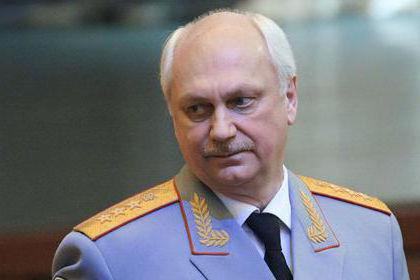
First of all, the problem is solved to prove the need for their participation in the process.
Provided: certificates of incapacity for the plaintiff, decision on incapacity, other papers confirming the inability of the person to protect their interests.
If a lawsuit is filed in order to protect an unlimited number of people, the lawsuit states: what interests and rights of these persons, the state or municipalities should be protected.
It is not a fact that the judge will agree with the presence of the prosecutor in the courtroom. First of all, he proceeds from his own vision of the matter. Thus, the participation of the prosecutor in the civil process does not depend on his own will, but on the opinion of the court.
Acceptance by a court of a claim or refusal in it is made according to general rules. Lack of violation of rights or infringement of legitimate interests will lead to denial. The assumption that the participation of the prosecutor may be of some help is incorrect.
Protecting the rights of citizens and organizations, the prosecutor has a special status and acts on his own behalf. The representative always acts on behalf of the principal.
The prosecutor has the right to refuse to participate in the case. The refusal of the representative automatically leads to the termination of the proceedings, the refusal of the prosecutor - no. Without the plaintiff’s consent, the court cannot dismiss the case.
This provision underlines the difference between the status of a representative and a prosecutor.
The court in a civil proceeding with the participation of the prosecutor also has the obligation to ensure the equal rights of all its participants.
Features of the participation of the prosecutor in the process
Entry into the case is possible at any stage of consideration. For example, it is allowed to appeal the decision of the court of first instance if the prosecutor has not previously participated in the case.
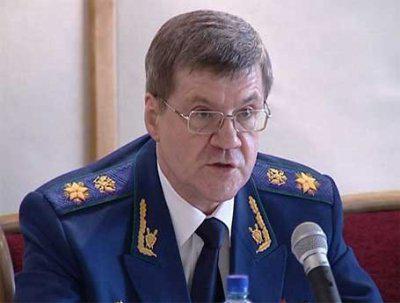
The current practice obliges to give conclusions when considering a case in the first instance.
The procedure for considering cases in higher instances does not provide for this. An exception is the cancellation of the decision in an appeal or other instance with the referral of the case for review to the first instance.
The appellate court itself considers cases whose decisions have been quashed. Turning to the trial from the very beginning, the court has the right to seek an opinion on the case, unless the prosecutor filed a lawsuit.
In the process of reviewing, in order to eliminate errors, the prosecutor’s office is involved if earlier it did not take part in the case for some reason.
Despite the mandatory prosecutorial opinion, his absence in the case is not considered a full-fledged reason for the annulment of the decision. How this is so depends on whether the court took all measures to involve the prosecutor's office in the process.
Not wanting to annoy the judges, a copy of the report is sent from the department.
Military Prosecutor
The Prosecutor General of the Russian Federation is responsible for legality in the military command and control bodies, units, formations, and in enterprises subordinate to the military department. In their field of activity is the protection of the rights of military personnel and employees of military organizations, as well as conscripts.
The task of law enforcement is carried out by military prosecutors, they are led by the Main Military Prosecutor's Office under the General Prosecutor's Office.
If necessary, employees file lawsuits with the court, having powers similar to those held by civilian prosecutors. They do this less frequently, since full-time lawyers work in the units.
In general, the functions of the prosecutor in the civil process due to military uniforms do not change:
- protection of the rights of citizens and organizations;
- law enforcement in the jurisdiction.
The interaction of prosecutors at various levels
The prosecutor's office is a hierarchically subordinate system of institutions, headed by the General Prosecutor's Office, which provides guidance to the entire system.
Most of the claims on behalf of the department are filed by district prosecutors or their assistants. This applies to cases that are considered in the first instance by the world or district courts.
In cases in which city (federal cities) or regional courts are the first instance, prosecutors of the city or regional level, respectively, are involved.
If the first instance of the Armed Forces of the Russian Federation, only the Prosecutor General of the Russian Federation can initiate a claim from the supervisory authority.
An employee of the district level who accompanied the case from the very beginning of the process has the right to continue it in higher courts. The transfer of the case to a higher level employee is not provided.
Supervision of the prosecutor over the enforcement of judicial acts
Speaking in a civil proceeding, the prosecutor takes measures to enforce a court decision:
- submits an application for the issuance of a writ of execution;
- sends him to the FSSP.
For the purpose of participation of the prosecutor in the civil process, the restoration of violated rights and freedoms or the prevention of new violations is included, so further steps to enforce the decision are well founded and do not go beyond the powers of the prosecutor's office. After all, the execution of a judicial act is the final part of the civil process.
Complaints about actions or inaction of bailiffs are examined in a general manner. At the same time, the prosecutor has the right to intervene without any complaint in the execution of a judicial act adopted with his participation. It is considered legitimate to file an application with the court as part of the enforcement proceedings in order to protect the rights of an individual citizen or group of citizens. Ignoring judicial acts, unlike prosecutorial representations, is an occasion to initiate a criminal case.
How to track the actions of the prosecutor
Employees of the department responsible for participating in the processes not only take part in them, but also conduct supervisory proceedings. They contain the most important procedural documents:
- copy of the claim;
- determination to open a case;
- decision on the case;
- the definition by which a special proceeding is resolved;
- copy of the conclusion of the case (if no lawsuit has been filed).
Copies of statements and evidence filed by the prosecutor are still in the file in the archive of the court.
- A complex commission will arrive from the city of Moscow to the Republic of Adygeb with the General Prosecutor's Office of the Russian Federation. The Ministry of Internal Affairs of the Russian Federation, the FSB of the Russian Federation and the Investigative Committee of the Russian Federation and officials and prosecutors will already study the Correctional Code of Russia somewhere in the Lefortovo pre-trial detention center and prepare for a long-term correction in places of deprivation of liberty in the region of Nizhny Tagil, where frost reaches 55 degrees Celsius in winter . By the way, in such zones the former prosecutor’s employees are very disliked and it is very difficult for them to cut wood in the teams of former employees and former officials! According to experts, in such special zones, the regime and order are no different from the colonies with the exotic name "White Swan" or "Polar Owl" for the pancreas ....
The Adygea prosecutor’s office categorically refused to take prosecutorial oversight measures in accordance with clause 2 of Article 36 of the Federal Law "On the Prosecutor's Office of Russia"!